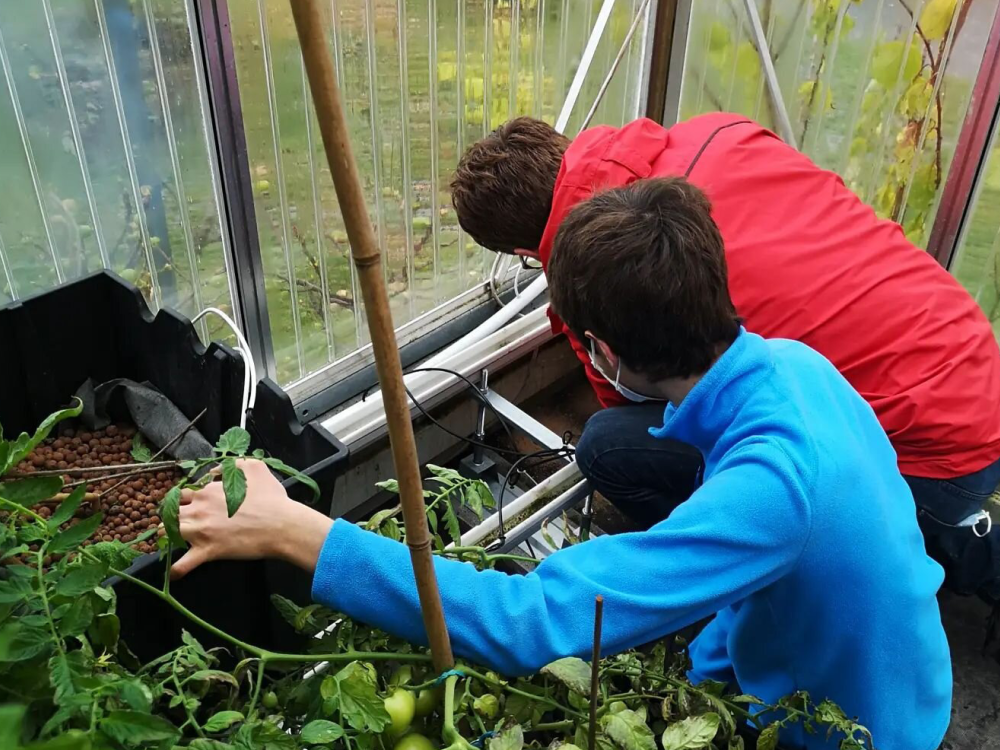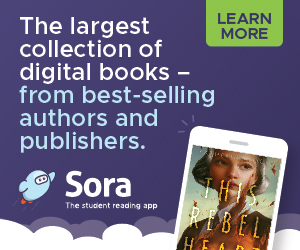By Barry Dequanne
The International School of Zug and Luzern was honoured with two 2022 International School Awards in January: the International Impact Award for its Global Changemakers Project and the Environment Award for its Aquaponics Programme. Both initiatives highlight work by students and for students towards realising a vision for a better, kinder world as Head of School Barry Dequanne explains:
In 2020, the International School of Zug and Luzern (ISZL) adopted a new set of guiding statements to reflect the values expressed and prioritised by our community. More than mere words, these statements have served to promote new levels of agency, emboldening students to turn their learning into action and stretch themselves further and achieve more than they believe possible (ISZL’s vision).
Two student-led initiatives, the Global Changemakers Project (GCP) and the Aquaponics Programme, exemplify ISZL’s guiding statements and embody the spirit of our mission: ‘We are a community of learners determined to make the world – or our corner of it – a better, kinder place.’
Youth Forum Switzerland and Global Changemakers Project
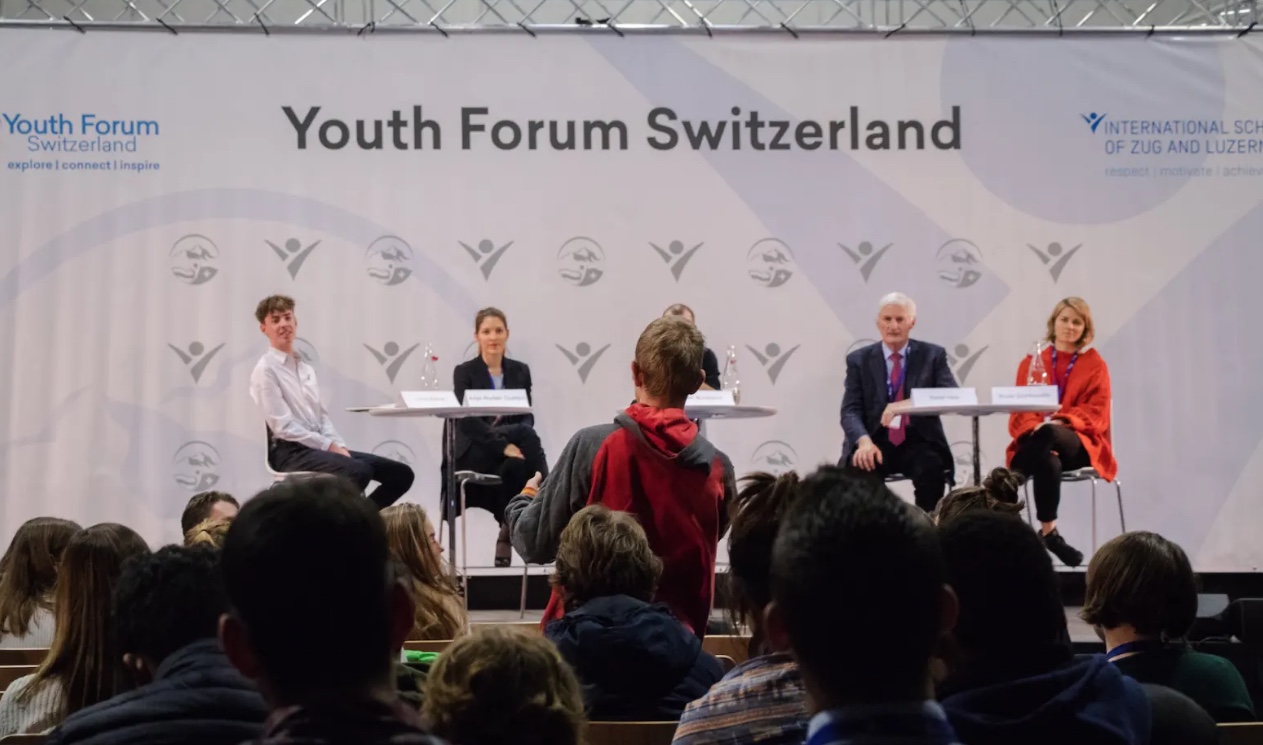
ISZL’s Youth Forum Switzerland (YFS) was initiated by ISZL students who attended the Davos World Economic Forum. Inspired by this experience, our students created a similar global event for young people in central Switzerland and further afield. As a result, YFS was developed to give youth a voice in issues that will impact their and the planet’s future through a commitment to ‘explore, connect, and inspire’.
The GCP emerged as an extension of this work, connecting young people with leading changemakers from around the world working on the United Nations Global Sustainable Development Goals, ranging from poverty and climate action to social justice.
The GCP project was introduced to all ISZL humanities teachers and students from grades 6 to 10, with students working in teams of two researching a sustainable development goal of their choice. The students would then conduct a 30-minute interview with a global shaper working on the same goal. A total of 500 ISZL students participated in the project, all mentored by fellow student leaders, who were, in turn, guided by their teacher advisers. The project eventually involved engaging with 173 global shapers and over 600 students from 25 schools.
The GCP has resulted in a deeper understanding for students of key challenges our society faces while also bringing an awareness of the inspiring work of others to make a positive difference. Since then, there has been a noticeable increase in student commitment to service-related projects, with students playing a more active role in their learning through problem-based learning opportunities. Student feedback has highlighted the opportunity for students’ voices to be heard, to choose their focus area and to engage in learning and work that is meaningful to them.
Aquaponics
ISZL’s Aquaponics Programme is an approach to farming that involves raising aquatic organisms in harmony with plants in a symbiotic cycle. In a win-win situation, fish produce waste that the plants use to grow while simultaneously cleaning the fish’s water. Among the many benefits of farming aquaponically, plants grow faster while needing less water.
ISZL’s small-scale aquaponics system is used as a laboratory providing a unique opportunity for students and teachers to conduct research and experiments in an interdisciplinary manner. The model is also used to understand better the necessary variables that need to be considered before developing the larger system our students are currently assisting to construct in Kokrobite, Ghana, an ISZL partner community. The system is expected to produce approximately 20 tons of fish and 50 tons of vegetables annually. To date, the work with the Kokrobite community has included the construction of two 7,500 litre tanks to support a commercial aquaponics system.
The tanks were constructed using polyethylene terephthalate (PET) bottles. PET bottles filled with soil can be more effective than some conventional building materials, including brick and concrete. The students also supported a project to construct one of the largest PET-bottle buildings in the world using approximately 50,000 PET-bottle ‘bricks’. This plastic would normally end up in a landfill or the ocean.
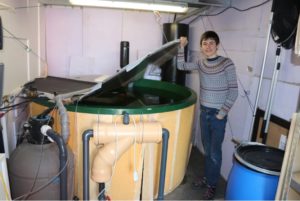
The aquaponics programme has provided students with an impactful learning opportunity involving multiple disciplines including the application of physics, biology and chemistry. In addition, students need to utilise their organisational, management and leadership skills as the aquaponics system needs constant monitoring and maintenance. The programme has also required a high level of communication skills as students have written grant proposals, engaged with technical experts and marketed the programme. The system is now generating a sufficient amount of produce, such that it can be sold to generate further funds to support the programme’s continued development.
This work comprises a critical element related to ISZL’s sustainability initiative to educate the next generation of global-minded problem-solvers and students empowered to contribute to securing our future. ISZL’s sustainability initiative has set itself the ambitious goal to reduce our carbon emissions to zero by 2027 and ensure our school is zero-waste.
Throughout this journey, we have learned a lot, including what to do and not do when designing a learning programme that best supports students in solving the problems they care most deeply about. In addition, we are regularly discovering new approaches, designs and ways of thinking, which has been and continues to be both challenging and exhilarating! We look forward to continuing to share our experiences while partnering with and learning from similar initiatives at other schools and we are grateful to be on this collective journey ‘to make the work – or our corner of it – a better, kinder place’.
Lessons learned
- Guiding statements: A clearly articulated and communicated ‘why’ has been instrumental in cultivating an entrepreneurial mindset to solve problems through creative approaches and direct action.
- Internal systems: Our school’s traditional infrastructure was not optimally designed to support student agency. Budgeting and approval processes created unintentional barriers for students, with students often working on different timelines than adults. One response has been the formation of a school-wide ISZL sustainability committee with membership including students, teachers, parents and leadership to fast-track approvals.
- Student schedules: Traditional class schedules do not necessarily provide the focused and extended time during the school day for students to fully engage in their projects and find a workflow. With some creative approaches, time has been allocated to support student projects. However, a more fundamental and difficult question is now being considered about how best to design a school day that supports project- and problem-based learning.
- Partner with community members: Our outreach to community members, in addition to recognised experts in their respective fields of research, resulted in a very high level of involvement, support and commitment. The diversity of thought that comes with a wide range of experiences, perspectives and cultural backgrounds has significantly enhanced the student experience and the likelihood of project sustainability.
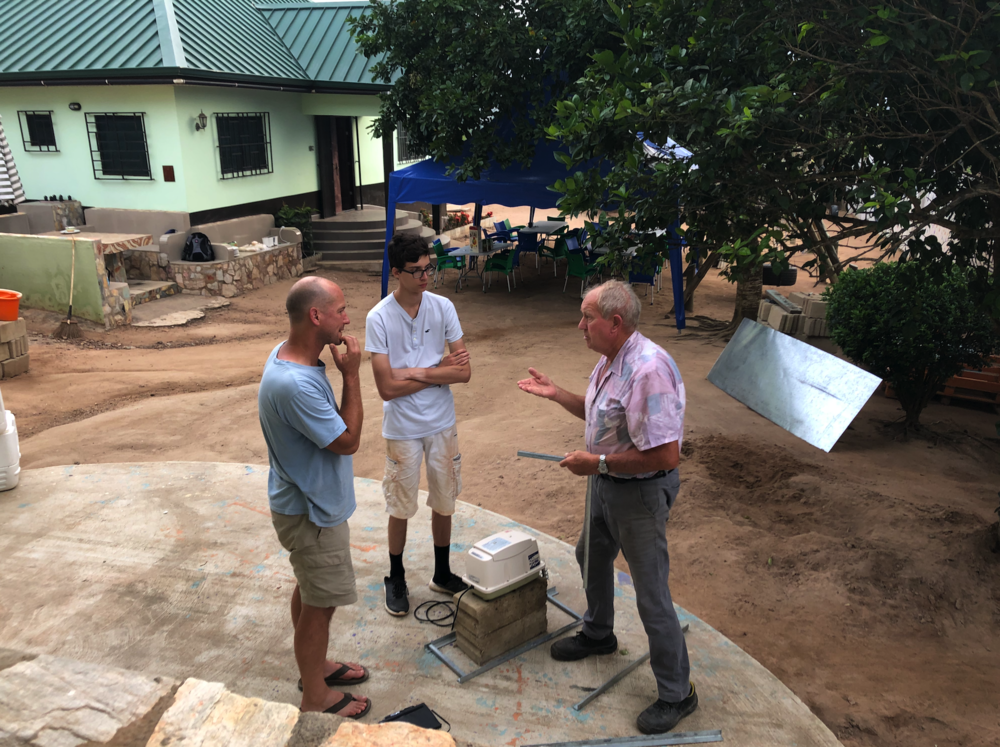

Barry Dequanne is the Head of School at the International School of Zug and Luzern, Switzerland. You can connect with Barry directly on LinkedIn or Twitter
